The Staircase follows the life of novelist, Michael Peterson, and the mysterious death of his wife, Kathleen, at the bottom of the stairs. Despite maintaining his innocence, suspicions of foul play arise, prompting an an exhaustive legal battle against Michael, which piques the interest of French documentarians. Based on the infamous case that swept the world, this HBO drama explores a side to the Peterson household previously unseen.
In this Goggler exclusive, we speak to The Staircase showrunners, Antonio Campos and Maggie Cohn, on the importance of revisiting the infamous case and providing more depth to Kathleen Peterson.
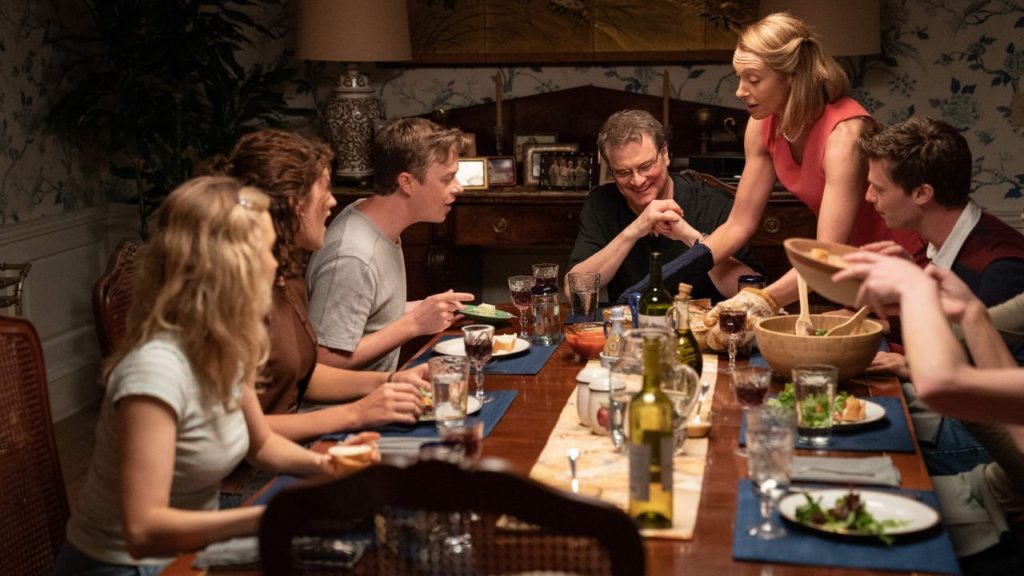
Umapagan Ampikaipakan: I have so many questions and so little time. First up, why did you feel the need to bring this discourse back? What is it about the original documentary of The Staircase that makes it so important for now?
Maggie Cohn: I mean, the original documentary is just such a seminal piece in the true crime canon. And I think to comment on it, and to use it to tell our story, was particularly powerful. It’s something that people are familiar with and they can refer back to, which is important because what we’re doing is saying: “You think you know the thing, but here are all the things, all of those assumptions that you may have made, here’s why you need to start questioning them.”
And again, there is the opportunity to show who Kathleen Peterson was as a person, because it’s not just a story about a crime. It’s a story about what happens when someone disappears from your life, and what does that impact, and you feel when something like that happens to you. You want somebody to be responsible for it because it hurt, and you want somebody else to bear the burden of that. And I think when you use something that is within the lexicon and it’s familiar already, it’s doing some of that legwork for you because you can then play with people’s assumptions. You can lean into them, or you can lean away from them. And it’s a really interesting thing creatively to intentionally create discord. So that was like for me, that it was quite important to use something that was established and familiar.
Antonio Campos: It’s exactly like what Maggie said. There’s something about using the familiar to then play with the genre that is so key. I got involved in this a long time ago, and over the years, there have been a lot of other true crime cases. I constantly read true crime, and I watch stuff, and I just don’t think that there’s anything, there’s no other story, that allows you to explore it the way that we’ve explored this one.
There’s something very specific about the mystery, and I think it’s also the mystery of Michael Peterson. I think about Michael Peterson, and how complicated of a character he is, and how impenetrable he is, and that makes him kind of mysterious. Which is so important to why this specific true crime story is something that works for what we were trying to do.
Even to this day, after having met the guy and talked to him, I think that he remains a complete mystery to me. And that was what was so fascinating. When I first saw the first eight hours of that documentary, I was like, “wait I just watched eight hours with this guy and I still don’t quite know who he is.” I think that’s part of why this story continues to be as fascinating to people as it is.
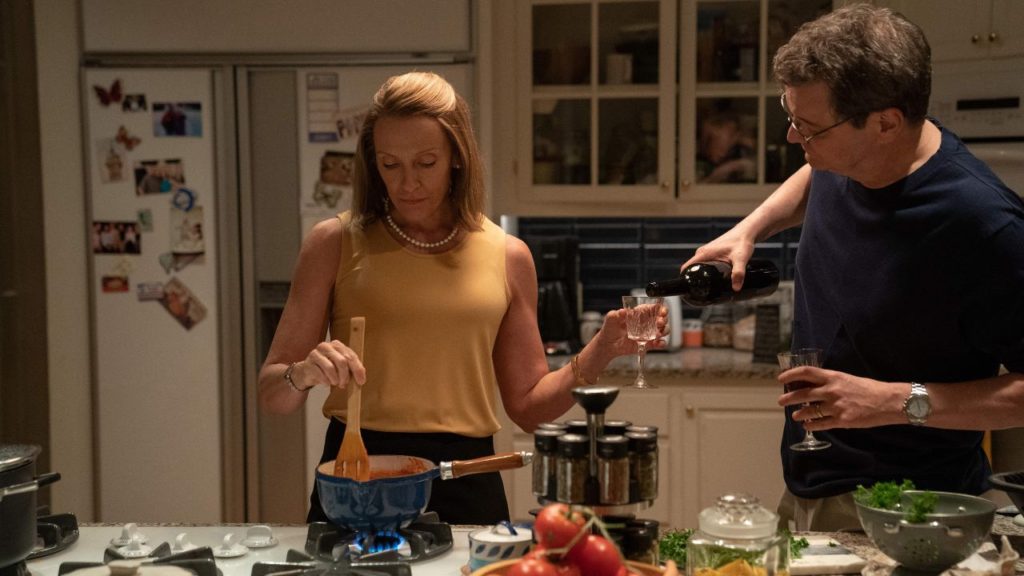
UA: The documentary that we saw a few years ago was incredibly comprehensive and I was wondering how difficult was it for the both of you to find new stuff to tell this story or this version of the story?
AC: It wasn’t harder for us to find new stuff. It was hard to figure out what we included and what we didn’t include. The reality is, for as much as you can get out of the documentary, which is obviously so long, there’s still so many aspects of the story that aren’t explored. There are so many aspects that were in the documentary that we were interested in exploring. And so I would say it wasn’t hard to find new aspects or new information, it was harder to decide what we could include.
MC: One of our primary motivations for telling this story was the fact that we wanted to understand Kathleen Peterson. Who is she? Who is this woman? And in understanding Kathleen, we got to understand all the characters better. Yes you have a documentary. But what is really, really compelling here is the fact that we tell the story that happened before the documentary team showed up. We showed what was happening outside the frame of the documentary. And then, of course, we go on to say what happens when these cameras disappear.

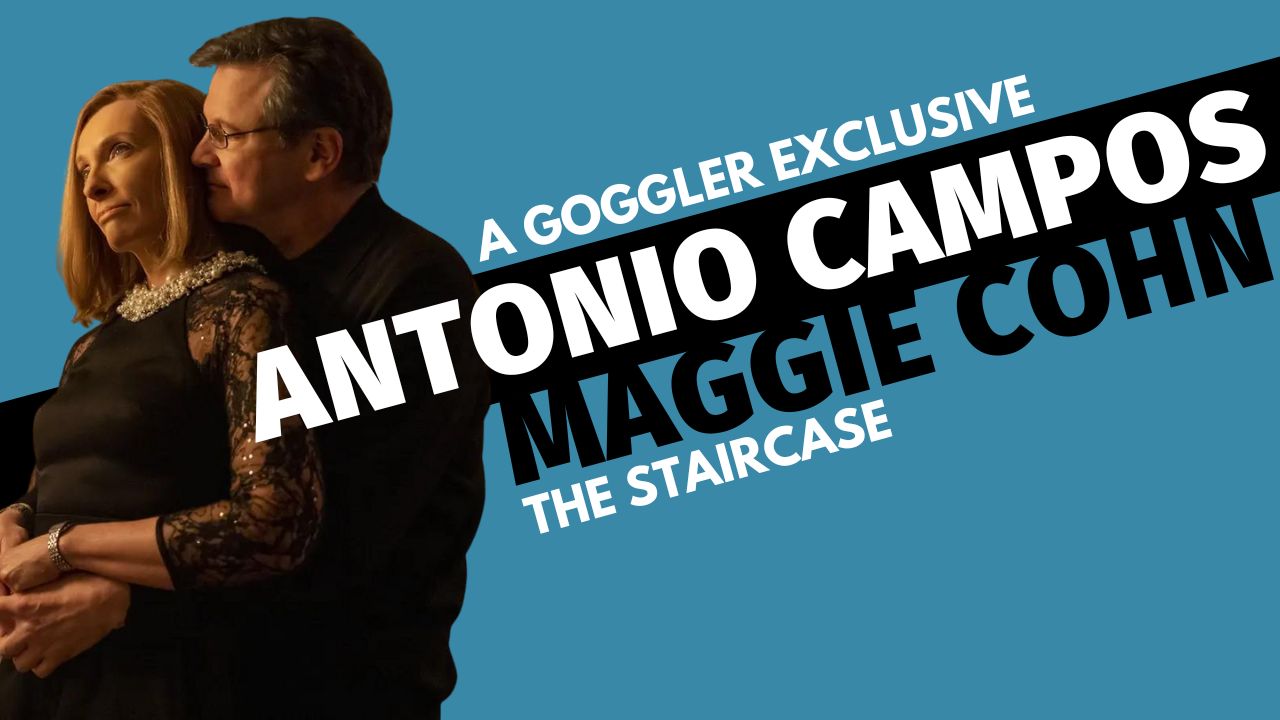


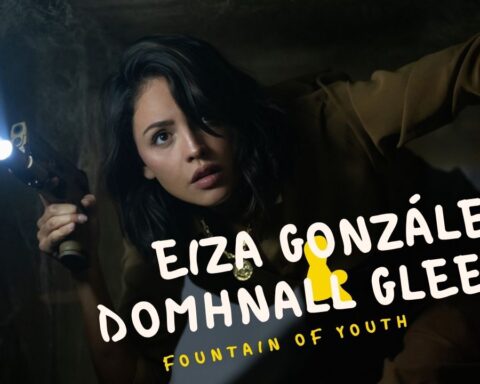
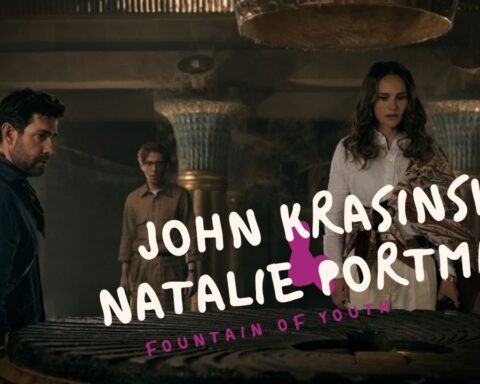
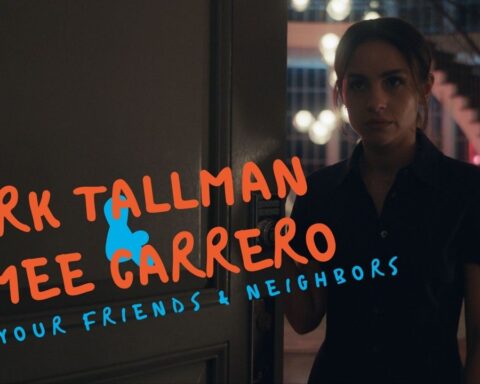
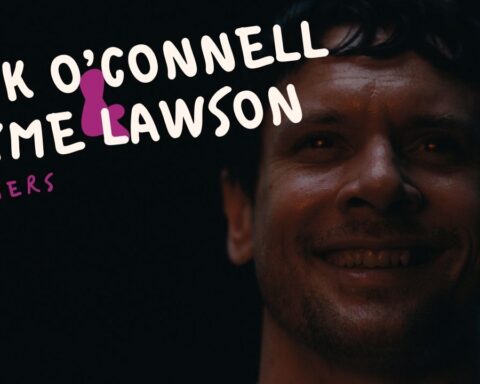
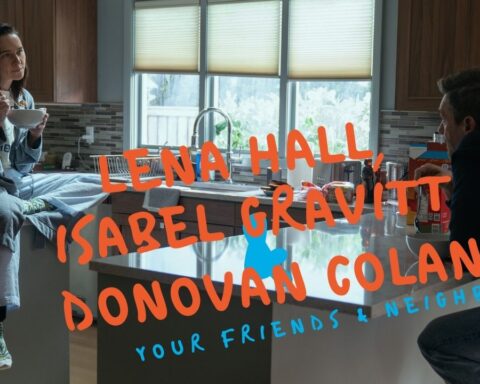
Follow Us